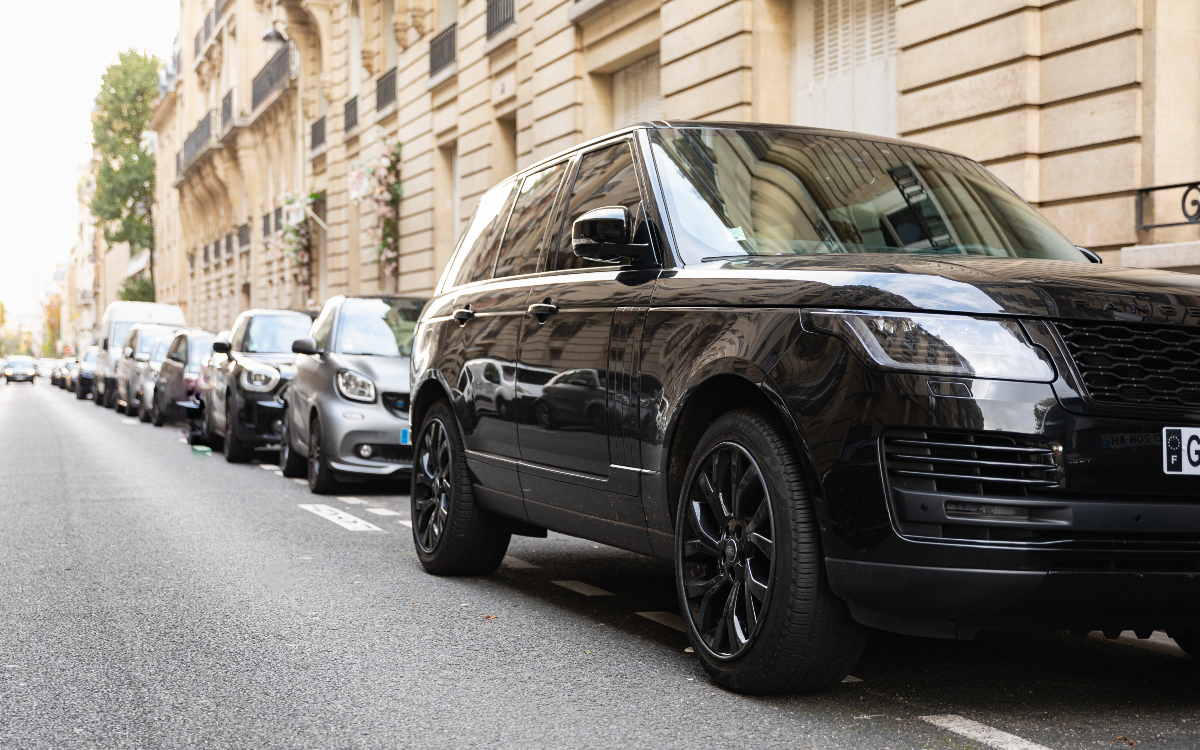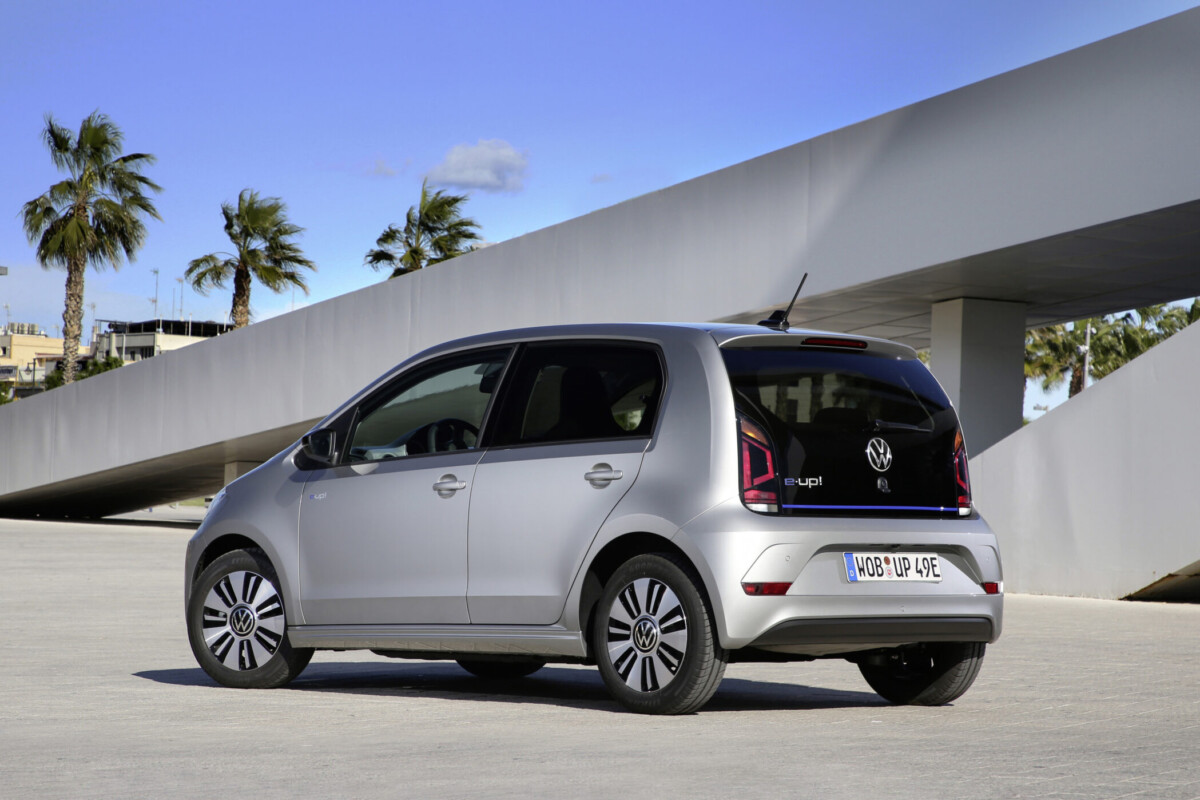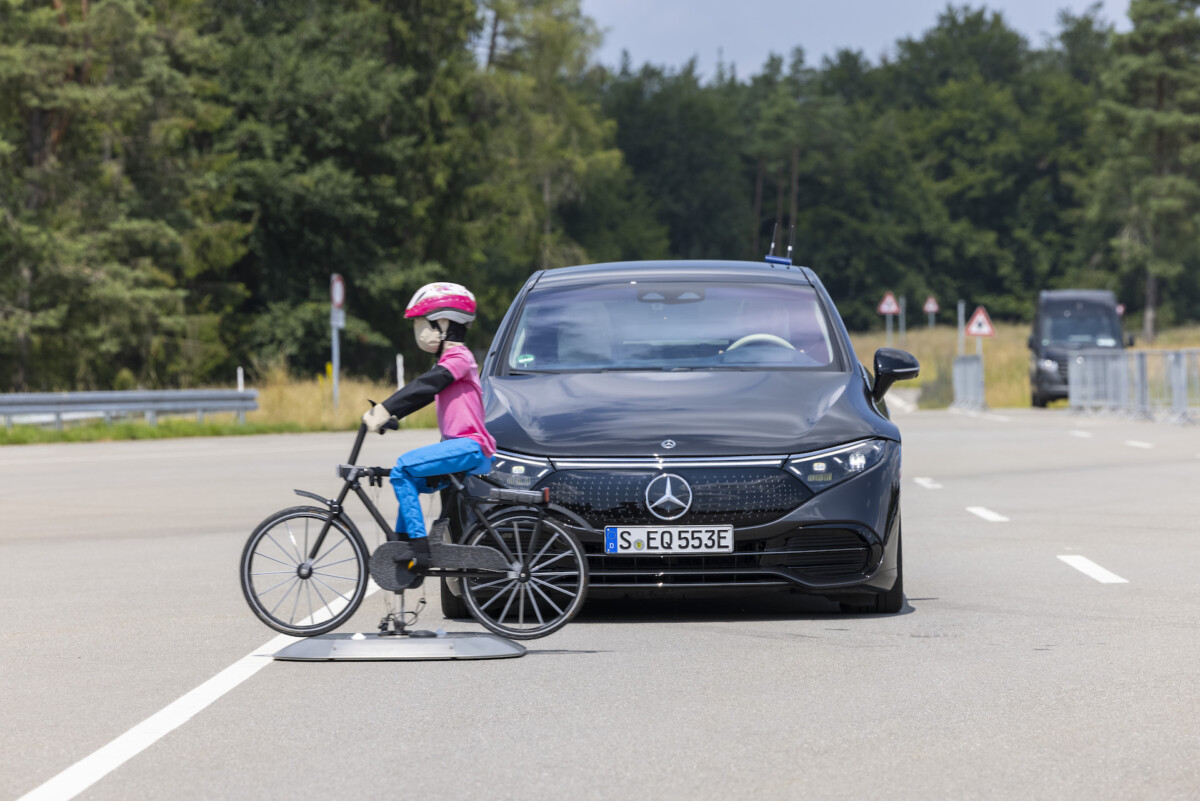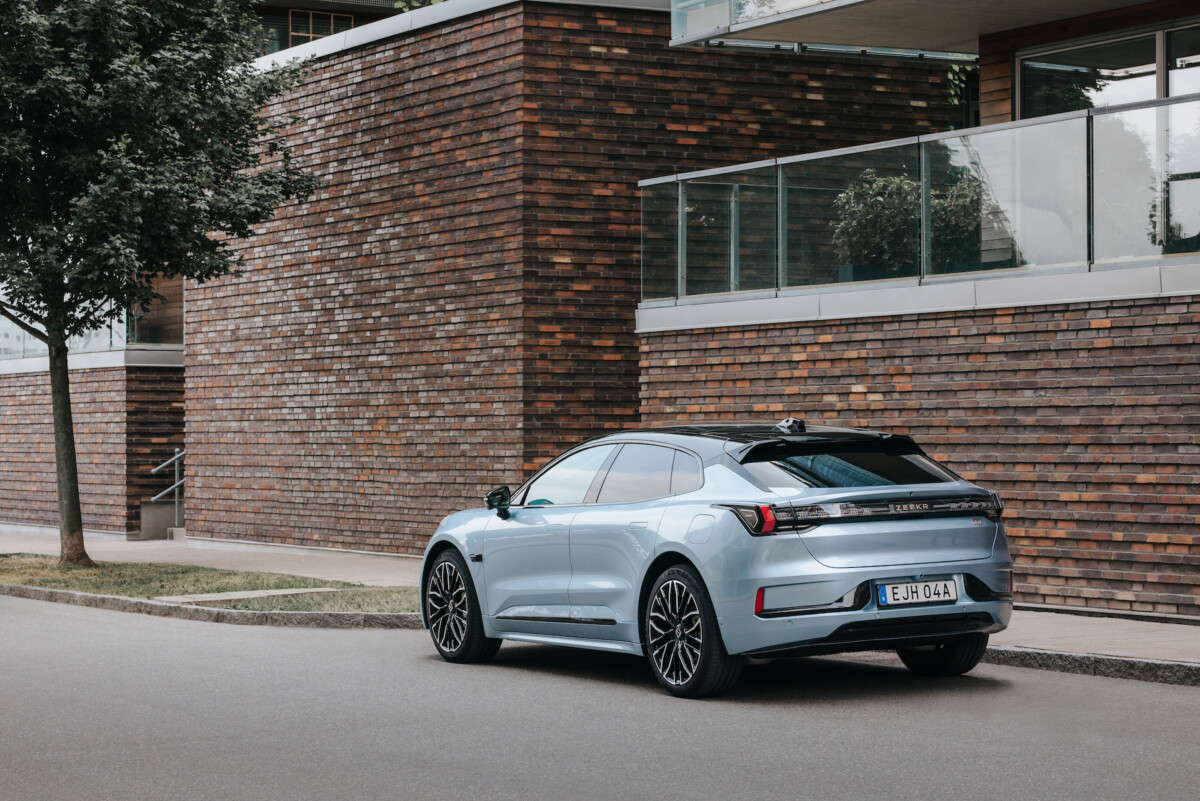That’s it, Parisians have voted against SUVs in Paris. More precisely, the parking price for certain cars, considered too heavy, will increase enormously from September 1, 2024. Find out if you are affected.
Article updated on February 6, 2024 : As reported by the media Numerama, we know the results of the vote organized by the city of Paris to tax SUV parking. But be careful, because as we already saw last November, it is not only SUVs that are affected. These are all the cars deemed too heavy by the Paris town hall. Whether SUVs or not, electric or not.
The cars concerned
Thus, many cars, thermal or electric, will be affected by this increase in parking prices in Paris. At issue: their weight, which exceeds 1.6 tonnes for thermal or hybrid vehicles, and 2 tonnes for electric ones.

Moreover, the question that was asked of Parisians was a little more precise than the taxation of SUVs: “ are you for or against the creation of a specific rate for the parking of individual, heavy, bulky, polluting cars?“. Parisians (or rather 6% of voters) voted 54% for this measure.
Fortunately, the Tesla Model Y, the best-selling electric car of 2023, in SUV form, is not affected by this measure, within 5 kg! In fact, most of the best-selling electric cars in France are not affected thanks to their weight, under 2 tonnes.
The new prices
In detail, cars exceeding the weight limit set by the town hall will see their parking rate increase from 6 to 18 euros per hour in the first 11 districts of Paris, and from 4 to 12 euros for districts numbered from 12 to 20.
Remember that this rate only concerns non-resident parking. Resident parking professionals and individuals are therefore not concerned. Here are the exemptions which allow you not to pay the SUV tax from Paris town hall:
- Parisian residents (residential rate),
- Sedentary professionals parked in their authorized parking zone,
- Taxi drivers in dedicated stations,
- Artisans and health professionals.
Original article from November 20, 2023 : This is a debate that will cause a lot of noise: more or fewer SUVs in Paris? Anne Hidalgo asks Parisians if they want parking for SUVs (electric and thermal) to be surcharged compared to sedans. But, in fact, it is not SUVs that are targeted, but heavy cars. We explain to you why Paris is right and that this decision is only a glimpse of the future of cars.
On February 4, 2024, Parisians are invited to vote. Not for a new mayor, no, Anne Hidalgo will always occupy the place of councilor. Quite simply, to decide in favor, or not, of SUVs in the capital as explained in this Facebook video from the mayor of Paris. For her, “there are still too many big polluting cars”, which requires “ a very significant increase in non-residential parking rates for SUVs and 4x4s“.
In detail, and as specified Numeramathe vote asks the inhabitants of Paris if they are in favor of the introduction of a parking tax for heavy cars. The phrase ” More or less SUVs in Paris » is in fact a very simple (but effective) shortcut to attract citizens to this very technical measure, but which is in keeping with the times.
More or fewer SUVs in Paris, really?
As we can read on the Paris town hall website, it is not SUVs that are directly targeted. Even if the text criticizes SUVs because of their overweight and the higher risks for pedestrians in the event of a collision. Technically, it is heavy cars that are being singled out. Like in Lyon which decided to increase the parking price for the latter.

Paris is therefore proposing to add an additional parking tax for surface locations. Would be affected: thermal or plug-in hybrid cars weighing more than 1.6 tonnes as well as electric cars weighing more than 2 tonnes. Why this difference? Because electric cars include heavy batteries.
On social networks, the Paris town hall is being called a demagogue with this anti-SUV action. These observers are partly right: pointing the finger at SUVs rather than heavy cars makes people want to be more interested in this measure. But where the town hall scores points is on the need for such a measure.
The SUV problem in Paris
Having lived in Paris for around ten years, I personally criticize noisy vehicles (T-Max with Akrapovic exhaust, I can hear you coming from too far away) and bulky vehicles. I used to travel by bike, by scooter, and very rarely by car, to leave the capital.
What hell ! Especially when an intersection is clogged with many cars carrying… just one person most of the time. And if this car is also 5 meters long, I was going crazy.

Precisely, it is the length of the Range Rover that the Paris town hall decided to take as an example to illustrate its article on the subject. For what ? Quite simply because they are not that rare, them and the Volkswagen Amarok or other Touareg. And that they are clearly not adapted to the city, whether in terms of dimensions… but also in terms of consumption.
The problem of consumption and weight
We know it : at low speeds and in town, it is the weight of the vehicle that most influences energy consumption. Whether it is a thermal or electric car. The latter is, however, helped by the regeneration of energy during braking, which makes it possible to somewhat counterbalance this disadvantage by adding energy to the battery during deceleration phases.
But in any case, a heavy electric car consumes more energy than a lighter version in the city. And very often, a heavy car also means a long car. I’ll let you count how many Volkswagen e-UPs with a length of 3.5 meters can be parked instead of 10 Range Rovers.

Some criticize the Paris town hall project because of the weight limits, considered too low for electric cars. Thus, a 100% electric Skoda Enyaq in version 85 weighs just over 2 tonnes. Compared to just under 2 tonnes for the 60 version, due to the smaller battery size. However, the latter consumes more than the 80 version, because of its older engine.
Electric versus thermal: the match
But is it a good idea to tax heavy electric cars, when they emit much less greenhouse gas than their thermal counterparts (around 3 times less over the entire life cycle)?
The answer to this question is not simple, I grant you, but Tesla proves to us that it is possible to make a relatively light SUV that consumes relatively little energy: the Model Y. It manages to stay under the 2 tonne mark, in all its versions (with “small” 60 kWh battery and with the largest 80 kWh battery) and consumes 15.7 kWh / 100 km.

This is certainly more than the 13.2 kWh / 100 km of the new Tesla Model 3 (in sedan format and 144 kg lighter), but it is significantly less than the 17.2 kWh / 100 km claimed by the Mercedes EQS and its 2.4 tonnes… also for a sedan format. Small nuance to our reasoning: the Skoda Enyaq 85 uses the brand new Volkswagen engine (which has major production problems), allowing consumption to increase to 14.9 kWh / 100 km.
We see here the interest of the Paris town hall measure: pushing for the purchase of lighter vehicles, which consume less energy and which are less dangerous in the event of an accident with a vulnerable road user, such as a pedestrian or a cyclist.
Towards lighter electric cars?
This is also the meaning of the story and this is what car manufacturers are seeking to do, in particular to reduce the costs of electric cars. Ford, for example, is working to design its electric cars like TGVs, to be able to drastically reduce their consumption and therefore the size of their battery. Enough to reduce their weight… and their price!
Renault does the same, and recently proved it again when announcing the new electric Twingo. A city car with an appetite like a sparrow (around 10 kWh / 100 km) perfectly designed for cities. Before Luca de Meo, boss of Renault, castigated imposing electric cars equipped with 200 kWh batteries, like certain pick-ups.

And then, why buy an electric car with 1,000 km of autonomy (like the Zeekr 001) to travel on average 30 km per day and less than 80 km for 98.8% of journeys? Especially as fast terminals multiply, and recharging an electric car will take less and less time. China has just announced a car that recovers 500 km of autonomy in 12 minutes, the Li Auto Mega.
Exceptions are provided
To make the pill easier to pass, the Paris town hall plans to exempt from taxation “ Parisian residents and sedentary professionals parked in their residential parking zone“. In other words, if you have a heavy car, you will not have any additional tax for being parked outside your home.
THE ” taxi drivers in dedicated stations; craftsmen, health professionals and those eligible for the pro rate and PRMs and holders of a mobility card Inclusion – parking » are not covered either. Gift from the town hall: parking will always be free “ everyone in the evening from 8 p.m., on Sundays and public holidays“.
And in the worst case scenario, there will still be parking in private underground parks, which will remain exempt from this surcharge.
The limits of this project
So yes, the idea of the Paris town hall is surely imperfect, we have seen it with certain “virtuous” electric cars which will be overtaxed in the same way as much more polluting thermal cars. But it is a strong signal which allows the debate to be brought to the right place: on the weight of cars, their size and their consumption.

Some users will be disadvantaged (we are thinking in particular of suburban residents) but a revolution is not made to please everyone. Especially when it is the future of our planet that is at stake. The global situation then becomes more important than individual situations.
But this requires Paris City Hall to take care of other forms of mobility, whether cycling or public transport. For this last part, responsibility is shared with the Île-de-France region.
Did you know ? Google News lets you choose your media. Don’t miss Frandroid and Numerama.
